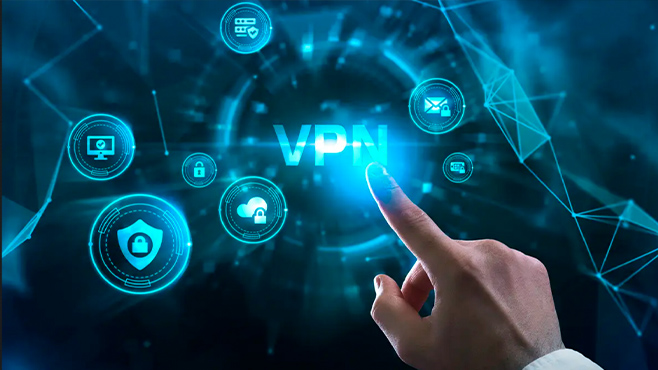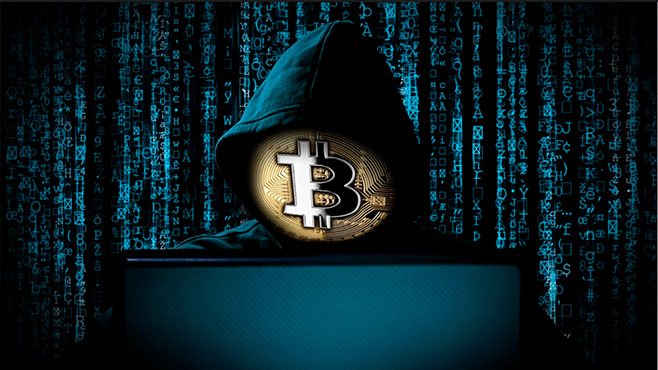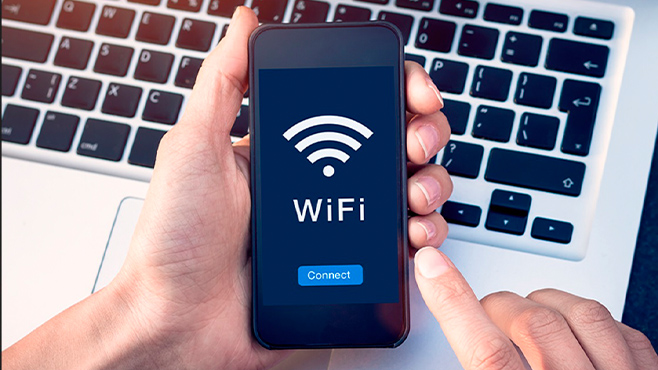What is a VPN?
It's important to clarify that using a VPN is a secure way to browse the internet and protect your online privacy. Despite some misconceptions that suggest VPNs are unsafe or not worthwhile, a quick Google search reveals common searches like "are VPNs safe" or "are VPNs bad". However, if you choose a trusted VPN service, you can rest assured that VPNs are not only safe but also enhance your online security.
What is a VPN and how does it protect me?
A virtual private network (VPN) is a tool that provides online privacy and anonymity by creating a private network from a public internet connection. By using a VPN, your internet protocol (IP) address is masked, making it difficult to trace your online actions. VPN services create secure and encrypted connections that offer greater privacy and security than even secured Wi-Fi hotspots.
When you surf the web or transact on an unsecured Wi-Fi network, you risk exposing your private information and browsing habits. That's why anyone concerned about their online security and privacy should consider using a VPN.
VPNs offer encryption and anonymity that can help protect your online activities, such as sending emails, shopping online, or paying bills. Using a VPN can also keep your web browsing anonymous. It's important to choose a trusted VPN service to ensure your online privacy and security.
Does a VPN change my IP address?
Every internet connection is assigned a unique set of numbers called an IP address, which is tied to information such as geographic location, ISP, etc. A VPN replaces your actual IP address to make it look like you've connected to the internet from a different location: the physical location of the VPN server, rather than your real location. This is just one reason why so many people use VPNs. This can be handy when you want to hide from advertising trackers or protect your search history.
How to use a VPN to change my IP address
Changing your IP address is a straightforward process. All you need to do is open your VPN app, select a server location to connect to, and your IP address will be changed. To verify that your IP address has indeed changed, you can open a browser and search for "What's my IP address" and click on one of the search results. This will show you your current IP address and confirm that the change has been successful.
Can a VPN protect my search history?
Whenever you enter a website's URL or search for a website, your device sends a DNS request to translate the website into the IP address of the web server. This process helps your browser find the website and display its content to you. By using a VPN to encrypt your DNS requests, you can protect your search history and browsing habits from anyone who might use this information to track your online activities. This information can be used in a variety of ways, including legitimate targeted advertising or more nefarious social engineering tactics. Therefore, encrypting your DNS requests with a VPN can help you maintain your online privacy and security.
Can a VPN protect my identity?
When you use a VPN, the trackers that collect data on your browsing behavior will be misled into thinking that you are accessing the internet from a different device and location. As a result, they will have a hard time creating an accurate profile of your online activities.
In addition to this, VPNs can also prevent certain types of hacking attempts. For example, when you connect to public Wi-Fi networks, hackers may try to intercept your data and manipulate the information you send and receive. This is known as a Man-in-the-Middle attack. Using a VPN can protect you from this type of attack and keep your sensitive information secure.
Can a VPN make you completely anonymous online?
The short answer is no. While a VPN can help to keep your online activities private and secure, it does not make you completely anonymous. Your Internet Service Provider (ISP) still knows that you are using the internet, but they cannot see what you are doing, which websites you are visiting, or how long you are spending on each site. A VPN simply adds an extra layer of security to your online activities.






